USMCA – We Have Some Good News and Some Terrible News
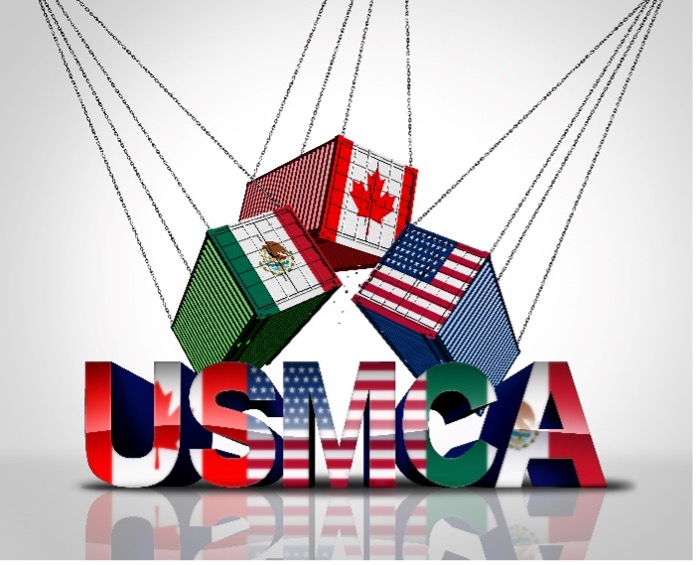
As is well known the US has imposed duties of 25% on imports from Canada and Mexico. This means that those imports will take the regular duty plus 25%. For example, a switchgear assembly classified under 8537.10.91 made in Canada or Mexico will take a duty of 2.7% plus the special tariff of 25% for a total rate of 27.7% of the value.
USMCA Part Three: What to Do about Joint Review
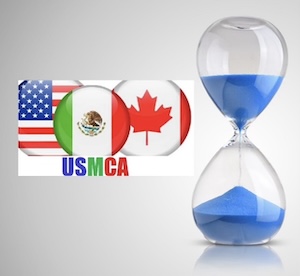
The United States-Mexico-Canada Agreement (USMCA) joint review process is scheduled to begin on July 1, 2026, but the time to prepare is now. Embedded trade compliance professionals should already be doing scenario analysis—pulling data, calculating the supply chain impacts of potential changes, and helping their companies to strategize accordingly.
Navigating Trade Waters: A Deep Dive into the USMCA Joint Review Process and Its Impact on China and Mexico – Part Two: The Mexico-US Trade Landscape and Harris’s Potential Vision
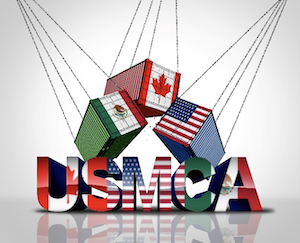
This is the second of a three-part series about the USMCA joint review process, focusing on China, Mexico, and competing visions of a “worker-centered” trade policy. Part one introduces the USMCA joint review process and explores how US trade policy would likely operate during Trump’s second term. Part two outlines some of the major trade issues that will be on the table during joint review, focusing on the Mexico-US relationship, and anticipates Harris’s likely approach to trade policy.
USMCA Joint Review Process Part 1
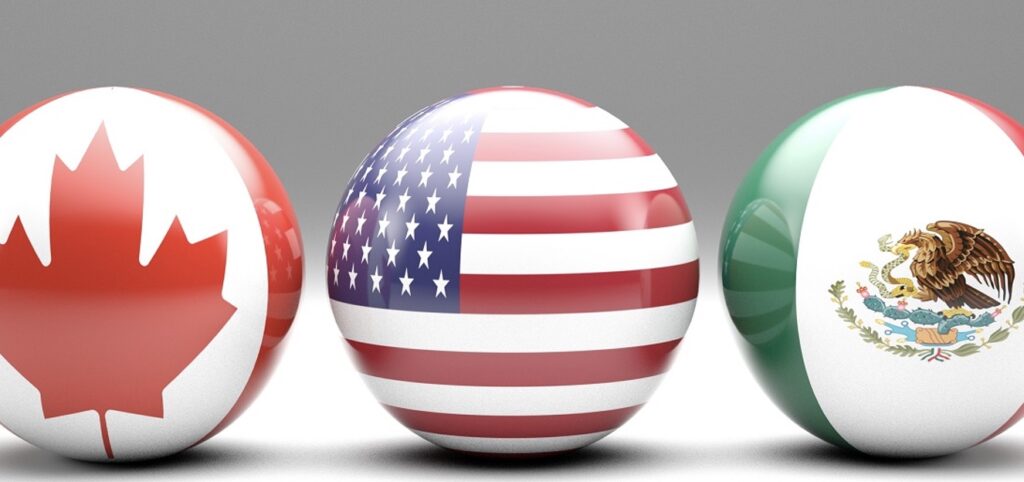
This is the first of a three-part series about the USMCA joint review process, focusing on China, Mexico, and competing visions of a “worker-centered” trade policy. Part one introduces the USMCA joint review process and explores how US trade policy would likely operate during Trump’s second term. Part two outlines some of the major trade issues that will be on the table during joint review, focusing on the Mexico-US relationship, and anticipates Harris’s likely approach to trade policy. Part three offers a critique of the worker-centered trade policy developed under the Biden administration, presents an alternative, and suggests new avenues for multi-stakeholder participation that Harris’s approach might create.
New Presidential Proclamations – Section 232 Duties on Certain Steel and Aluminum Products from Mexico

On July 10, 2024, the President issued two Presidential Proclamations related to the imposition of Section 232 duties on certain steel and aluminum products from Mexico. The first establishes a “melt and pour” requirement for imports of steel articles that are products of Mexico and will increase the section 232 duty rate for imports of steel articles and derivative steel articles that are products of Mexico that are melted and poured in a country other than Mexico, Canada, or the United States.
Requirements for Bottling/Packing Tequila in the United States

The United States Mexico Agreement (USMCA – the free trade agreement signed between Mexico, the United States and Canada) promotes and protects the trading of tequila between these 3 countries as it acknowledges it is a distinctive product of Mexico.
Legal Framework Governing Foreign Direct Investment from the United States and Canada in Mexico

A large number of companies considering relocating their business abroad have turned their eyes to Mexico, which has become an attractive place for investors to relocate their business, mainly because it is close to the United States and Canada (nearshoring), the labor costs are relatively low, the availability of IMMEX (maquiladora) program, and because there is a preferential treatment to originating goods and foreign investments from the United States and Canada that are protected under the USMCA, among other factors.
USMCA Proposed Rule Change – Expanding Part 102 Marking Rules
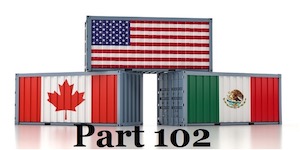
By Jennifer Horvath, Partner, Braumiller Law Group
U.S. Customs and Border Protection (“CBP” or “Customs”) recently released a proposed rule (FR 86 35422) which would expand the usage of the U.S. – Canada – Mexico Agreement marking rules found in 19 C.F.R. Part 102 (herein after “Part 102”).
Non-Preferential Origin Rules – Which Do You Prefer?

By: By Adrienne Braumiller, Partner & Founder, Braumiller Law Group
There are two basic sets of country of origin rules that may apply to imports: (1) The preferential origin rules for articles considered “originating” under a free trade agreement; and (2) the non-preferential rules for articles not qualifying under a free trade agreement.
Recourse for USMCA Environmental Issues
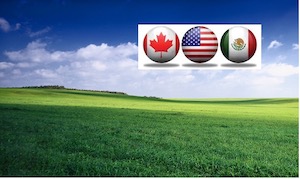
This article seeks to assist potential users of the provisions of the Agreement Between the United States of America, the United Mexican States, and Canada (USMCA) to understand the multiple layers of review required for an issue to wend its way through the environmental review bodies.
